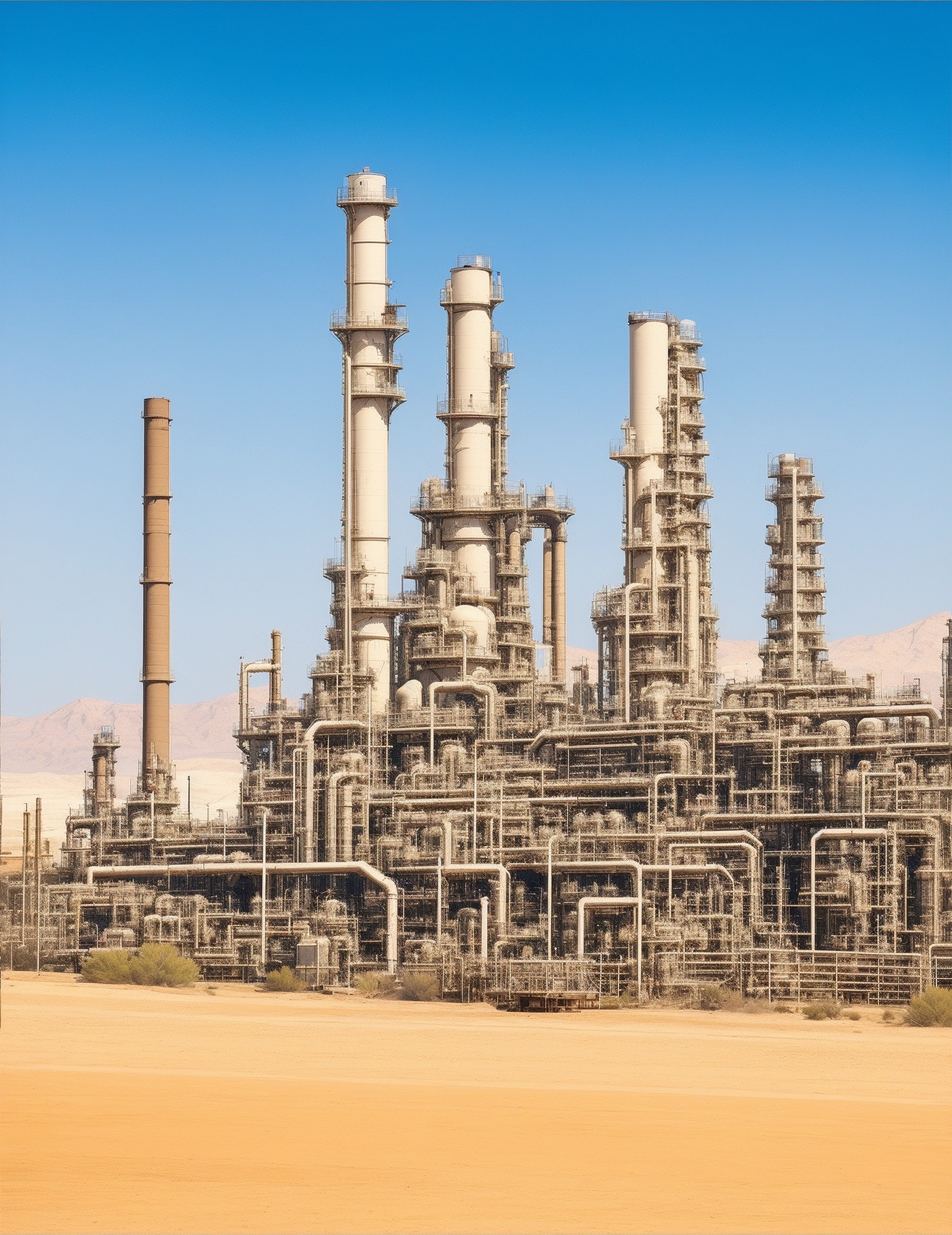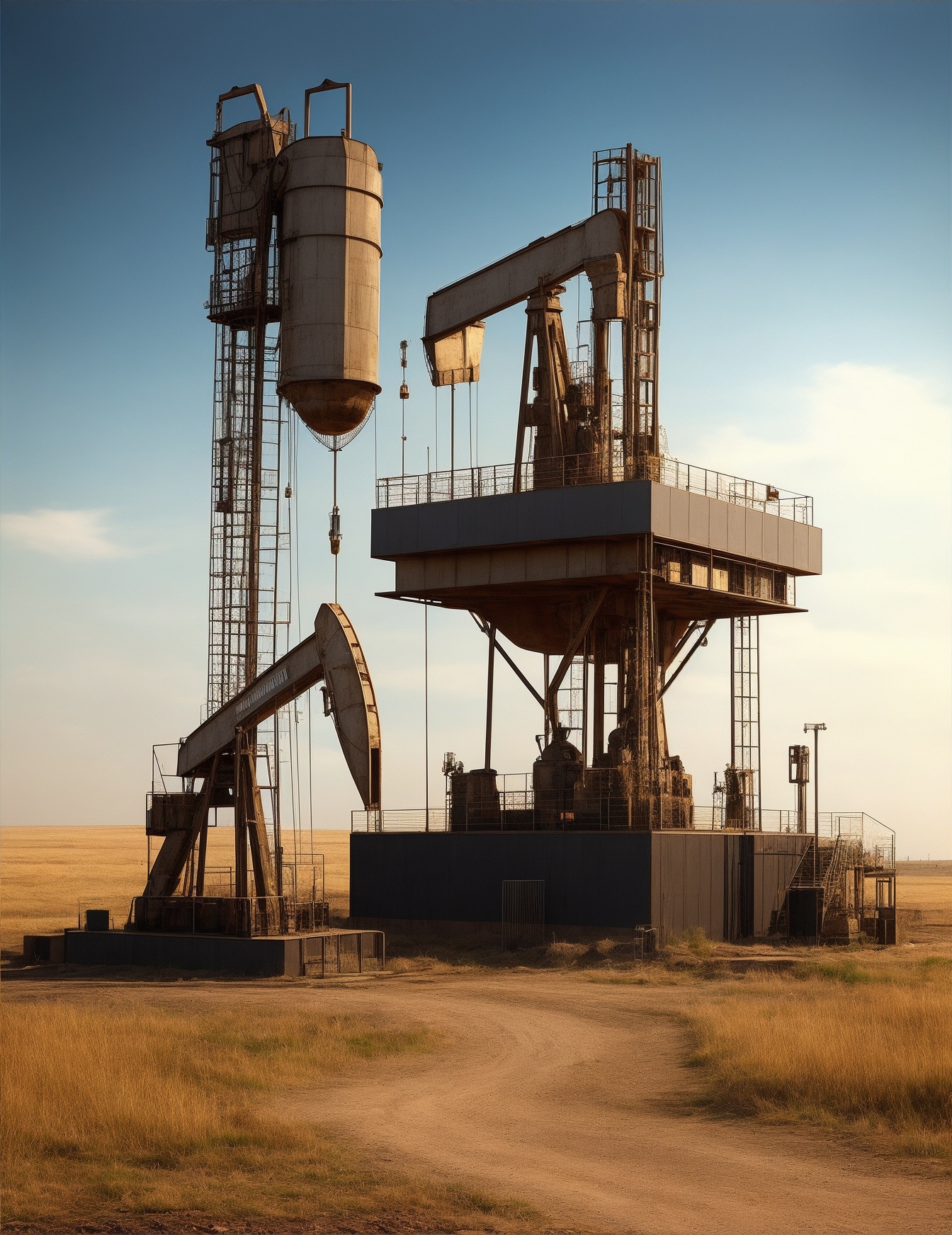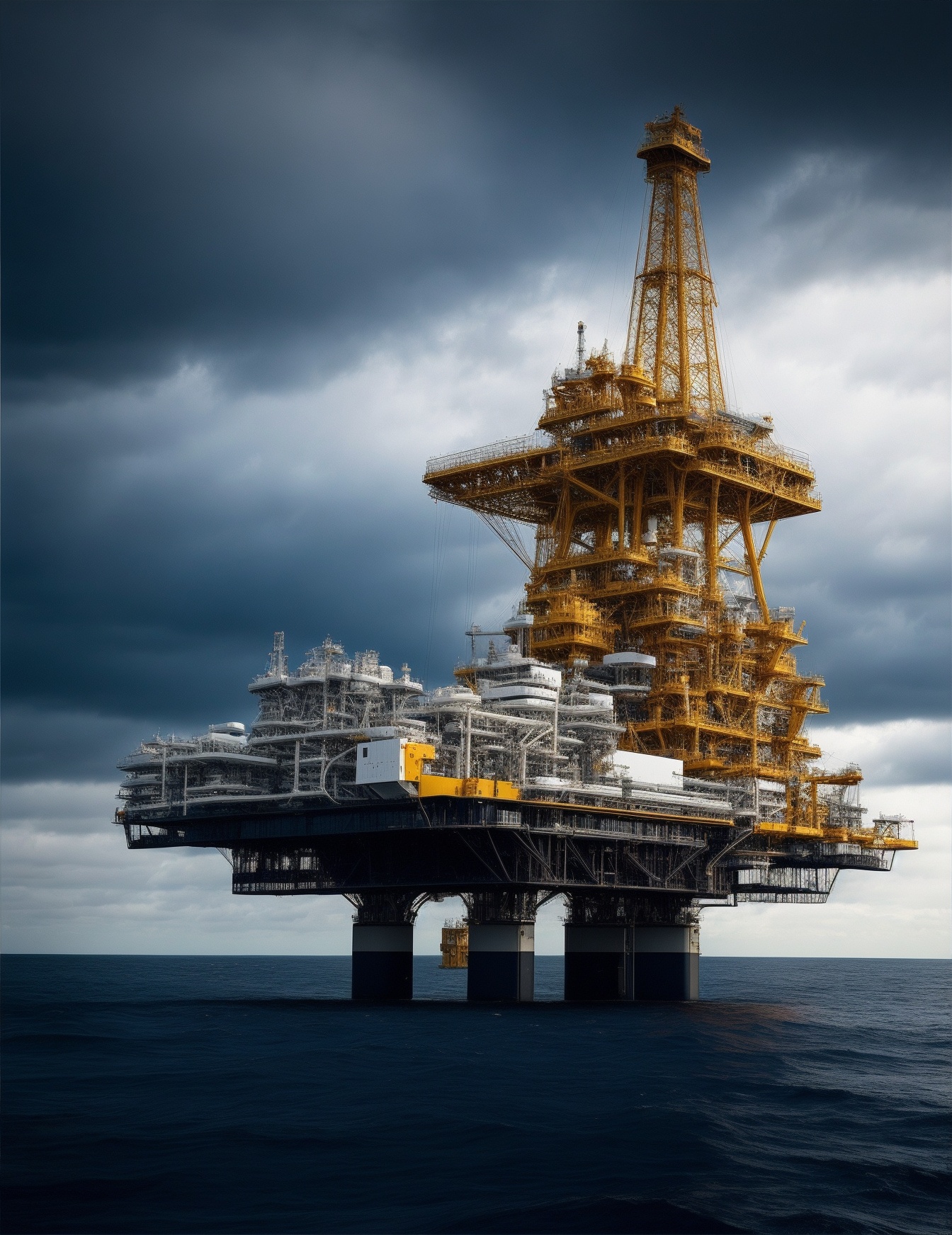Your Global Partner in Energy Brokerage and Investments
Expertly navigating global energy markets to deliver profitable investment opportunities in oil, gas, LPG, and LNG.
OUR SERVICES

Refineries
Refineries are vital facilities within the global oil and gas industry, responsible for converting crude oil into useful products. These industrial complexes carry out a series of processes – including distillation, conversion, treatment, and blending – to transform raw crude oil into a range of products like gasoline, diesel fuel, heating oil, and jet fuel.
Moreover, refineries also produce non-fuel products such as lubricants, asphalt, and petroleum coke, which find application in various industries. The refining process also helps to remove impurities from the crude oil, thereby making the final products safer and more efficient for use.
Efficient refinery operations require a fine balance of technological prowess, operational safety, environmental responsibility, and economic viability. In the era of growing environmental concerns and the push for cleaner fuels, refineries are constantly evolving, investing in new technologies and practices to improve efficiency and reduce environmental impact.
Stay tuned with OilGasTrades.com for in-depth analysis, latest updates, and comprehensive insights into the world of refineries and their impact on the global oil and gas industry.

Oil Trade
The oil trade supply chain is a complex and multifaceted system, playing an integral role in the global economy.
Starting with upstream activities such as exploration and extraction, crude oil is unearthed from various onshore and offshore sites around the world.
Once extracted, the crude oil undergoes preliminary processing at the production site, followed by transportation to refineries, often via pipelines, tankers, or trucks.
The midstream segment of the supply chain involves storage and transportation of crude oil from production sites to refineries where it is transformed into various products like gasoline, diesel, and jet fuel, among others.
The downstream activities encompass refining crude oil into marketable products, marketing and distribution to end-users. These refined products are then transported to consumers through a vast network of pipelines, ships, railroads, and trucks to locations across the globe.
Managing this supply chain requires a careful balance of logistics, trade agreements, pricing dynamics, regulatory compliance, and market demand. Companies operating in this sector are constantly challenged to ensure efficiency, safety, and environmental responsibility while meeting global energy demands. Stay updated with all the latest trends and changes in the oil trade supply chain on OilGasTrades.com.

Gas Trade
Gas trade is a critical component of the global energy landscape, encompassing the exchange of various types of gases, notably natural gas and liquefied natural gas (LNG). The trade involves a complex network of pipelines and LNG carriers that stretch across continents, connecting producers with consumers.
Natural gas, being cleaner than coal and oil, is increasingly becoming a fuel of choice for many countries, especially with the growing emphasis on reducing greenhouse gas emissions. Consequently, the global gas trade is expanding, with emerging economies playing a significant role both as suppliers and consumers.
Key considerations in gas trade include infrastructure, such as pipelines and LNG terminals, pricing mechanisms, geopolitical factors, and global supply-demand dynamics. Moreover, the rise of renewable energy sources and concerns about energy security are also influencing the future direction of the global gas trade.
Stay updated on the dynamic world of gas trade with comprehensive insights and detailed analyses on OilGasTrades.com, your reliable source for all information on the global energy market.
